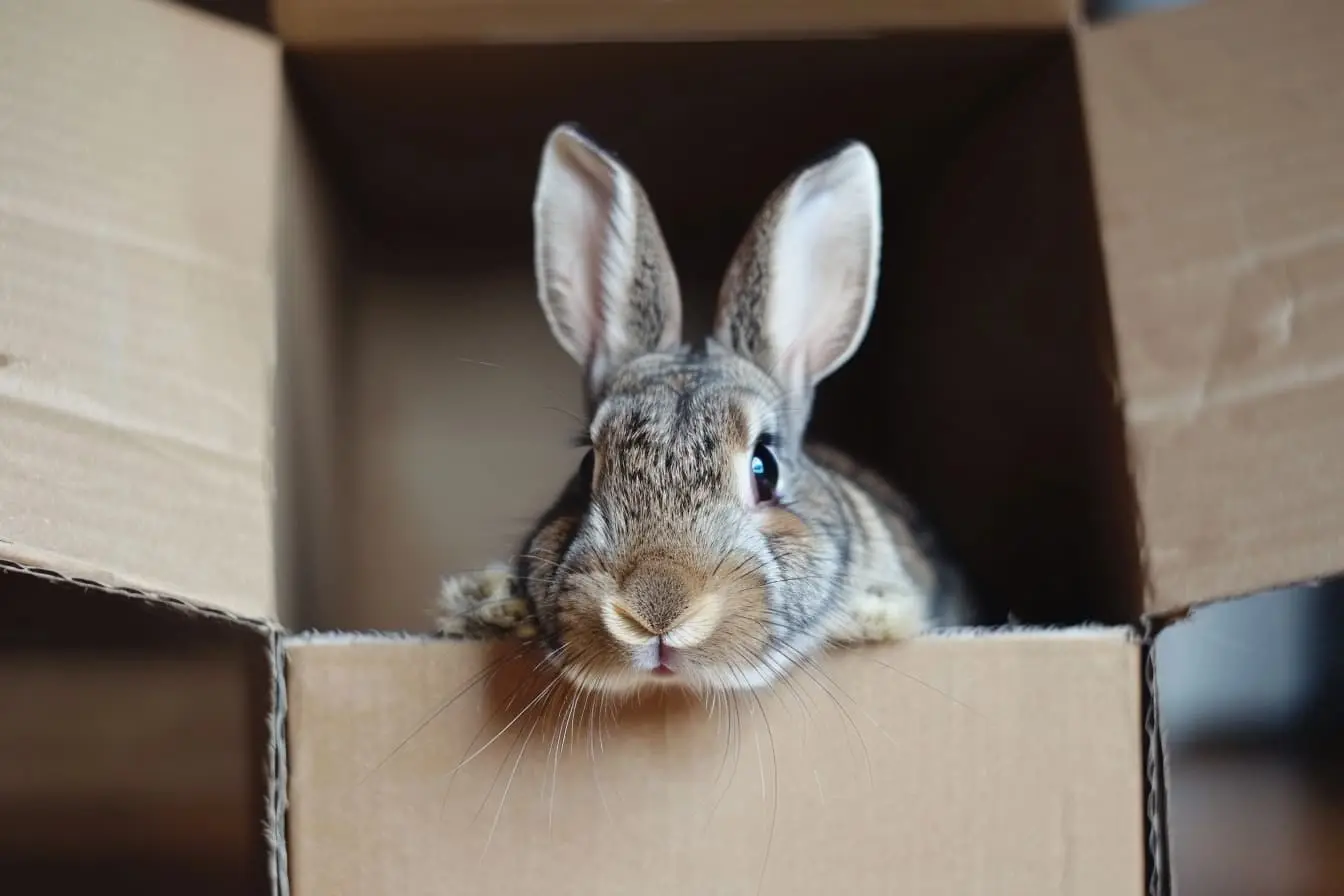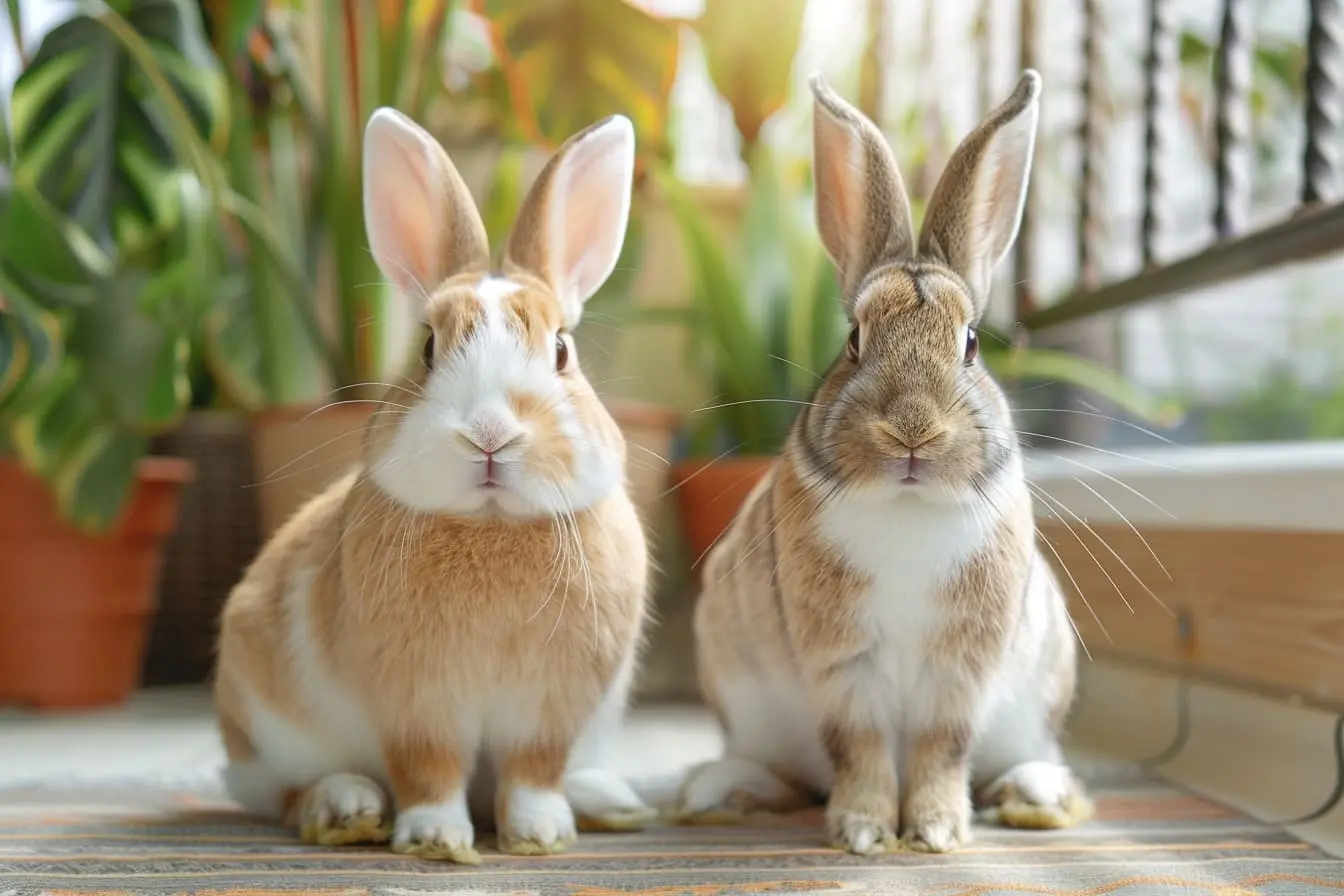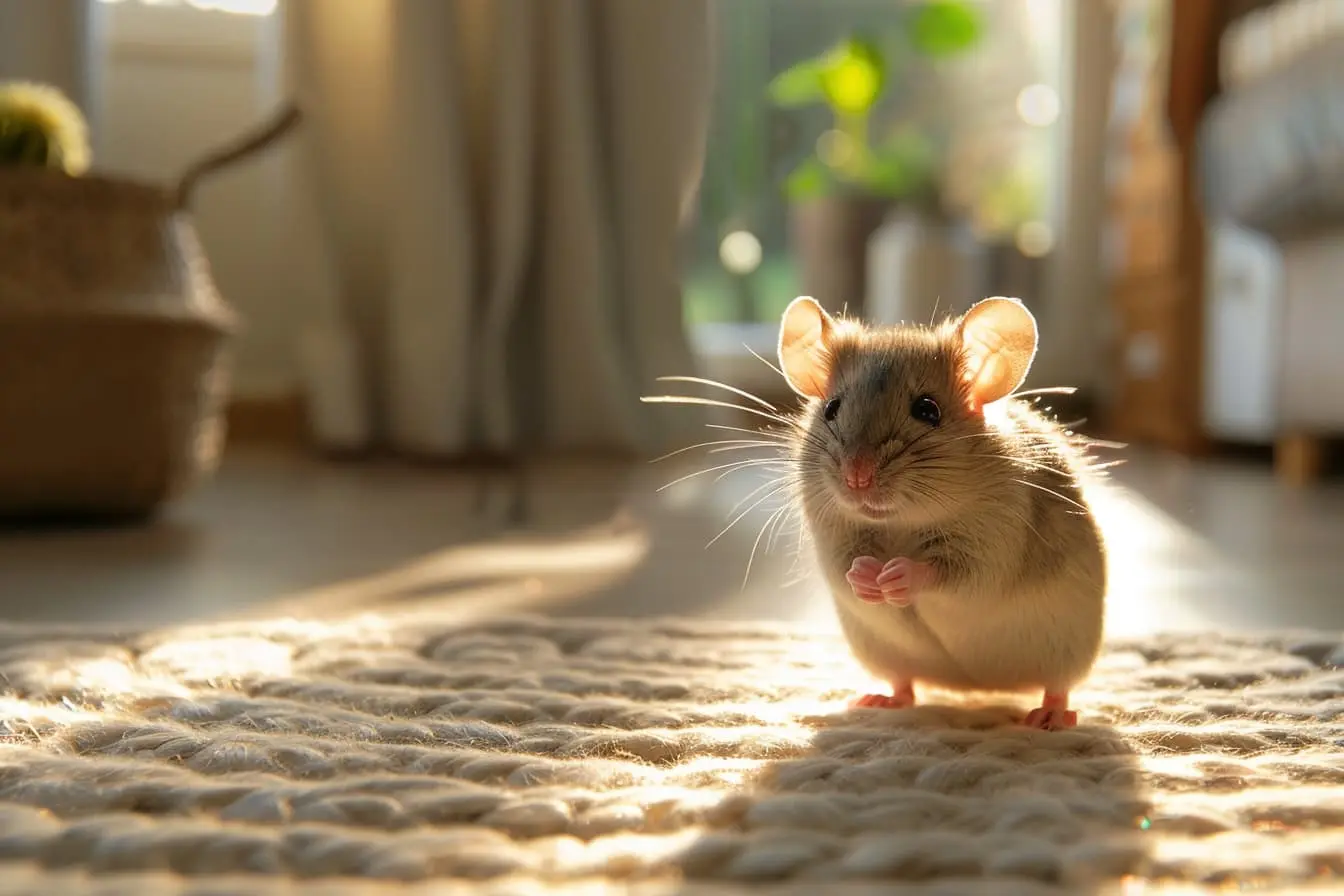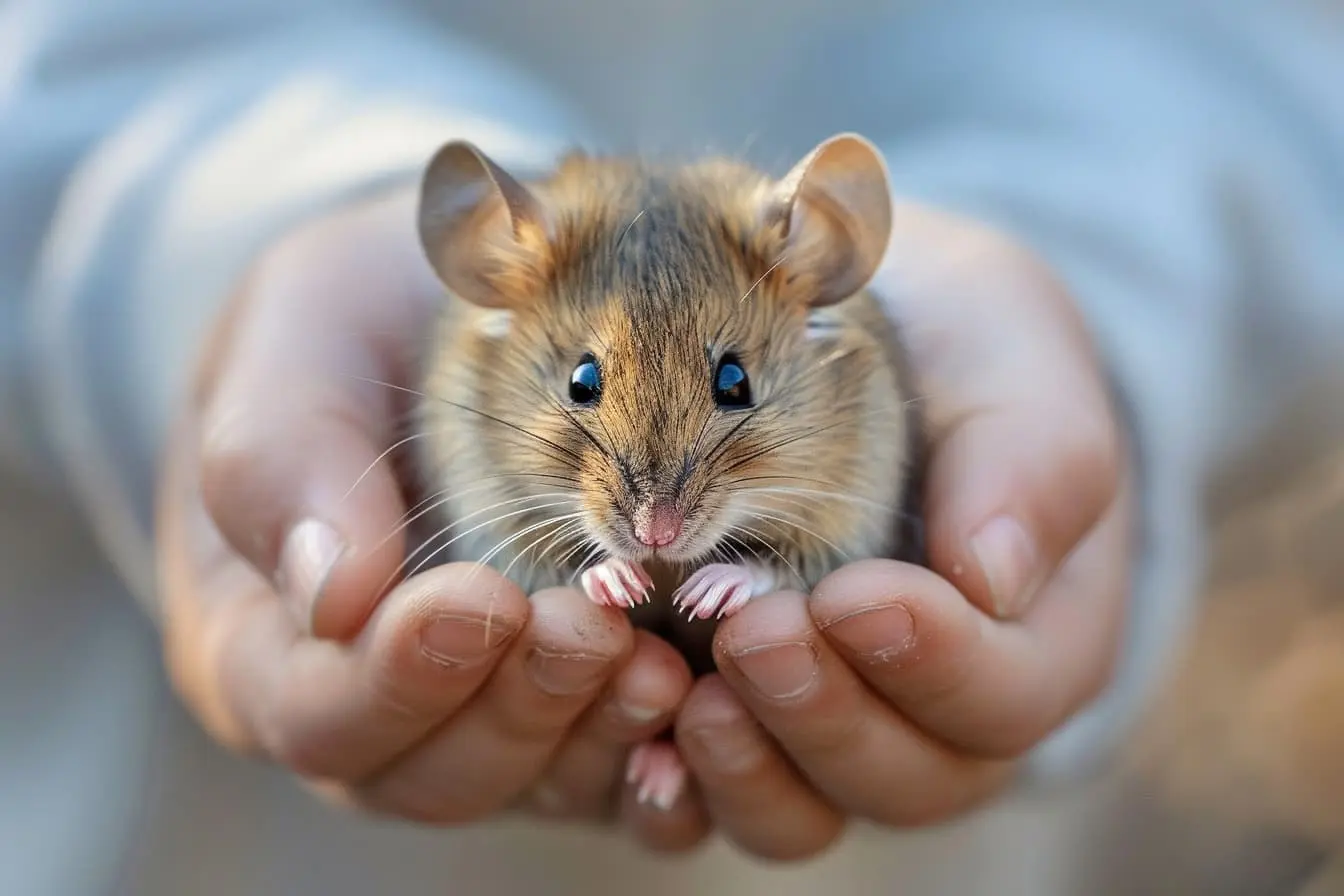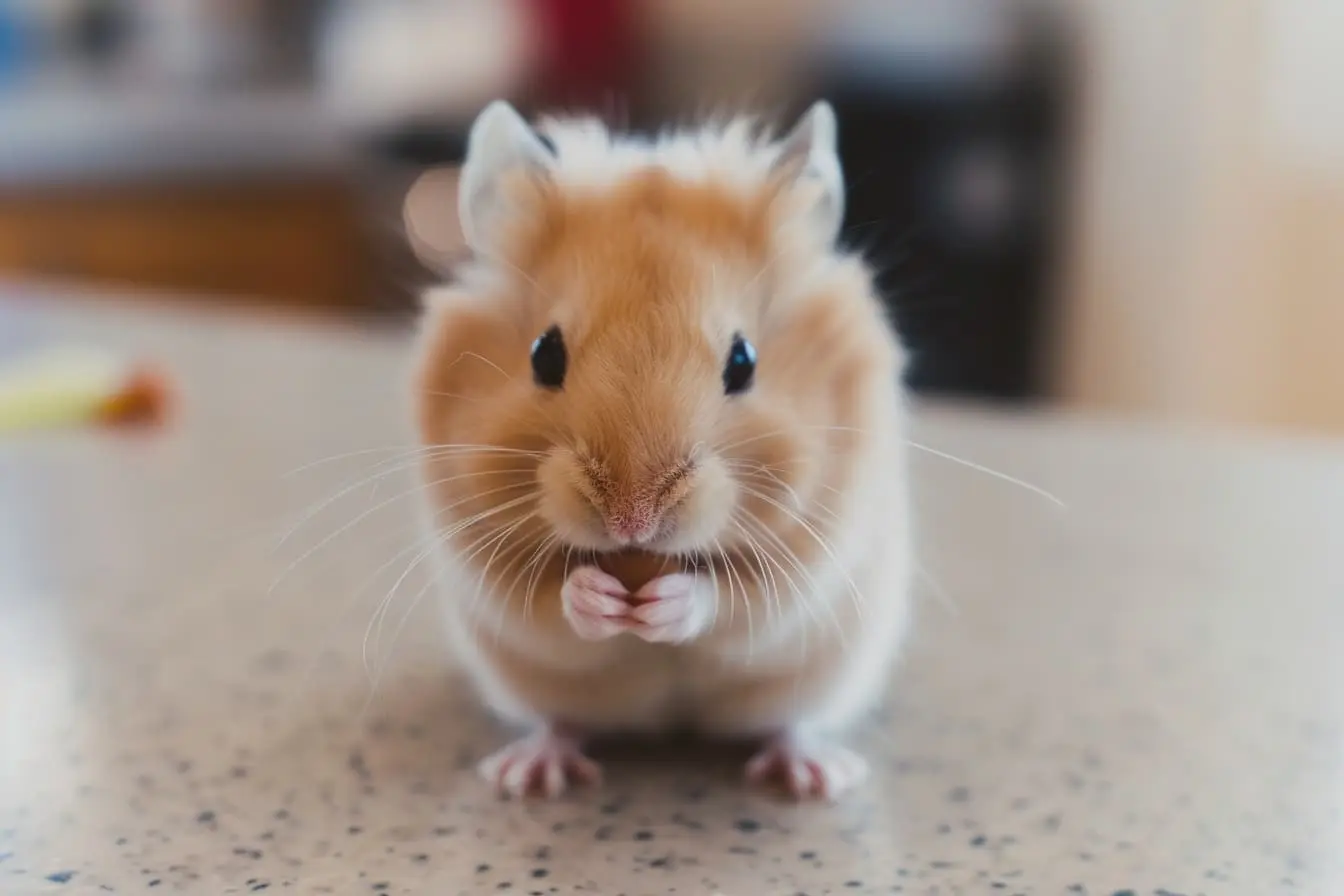
The Complete Guide to Feeding Your New Hamster: Nutritional Essentials for Your Furry Friend
Welcoming a hamster into your home is an exciting experience, filled with moments of joy and companionship. However, as a new hamster owner, it’s crucial to understand the dietary needs of your petite pet to ensure they lead a healthy and happy life. This guide is designed to provide you with all the information you need to feed your hamster correctly, from daily diets to treats and everything in between.
Understanding Hamster Nutrition
Hamsters are omnivores, which means their diet includes both plant-based foods and animal protein. A well-balanced diet is essential for maintaining their health, providing them with the right balance of nutrients, vitamins, and minerals. Here's what you need to know to create a nutritious and balanced diet for your hamster.
The Basics: Commercial Hamster Pellets
A high-quality commercial hamster pellet should form the base of your hamster's diet. These pellets are formulated to meet all of your hamster's nutritional needs and should constitute about 75% of their daily food intake. It’s important to choose a brand that is reputable and avoid mixes filled with excessive seeds and treats, as these can lead to selective eating and nutritional imbalances.
The Importance of Variety: Fresh Foods
In addition to commercial pellets, your hamster’s diet should be supplemented with a variety of fresh foods to provide enrichment and additional nutrients. This can include:
- Vegetables: Offer small pieces of carrots, broccoli, peas, and spinach. Ensure these are washed and free from pesticides.
- Fruits: Fruits should be given in moderation due to their sugar content. Appropriate options include apples (seedless), bananas, and berries.
- Proteins: Occasional cooked chicken, hard-boiled egg, or mealworms can be a great source of protein.
Fresh foods should not exceed 10% of your hamster’s total diet to avoid digestive issues.
Safe Treats and Foods to Avoid
While treats can be a great way to bond with your hamster and provide them with variety, they should be given sparingly and constitute no more than 5% of the diet. Safe treats include small pieces of fruits, vegetables, or commercial hamster treats. However, it's vital to avoid sugary, salty, and fatty foods, as well as toxic foods like chocolate, garlic, onion, and citrus fruits.
Chew Sticks and Water
Hamsters need to constantly gnaw to keep their constantly growing teeth at a manageable length. Providing chew sticks or wooden toys can help meet this need and prevent dental problems. Additionally, ensure your hamster has access to fresh, clean water at all times, ideally from a hanging bottle with a metal spout.
Feeding Schedule and Portions
Hamsters have small stomachs and prefer to eat small, frequent meals throughout the day and night. Provide a measured amount of pellets each day to avoid overfeeding and supplement with fresh foods several times a week. Monitor your hamster's intake and adjust as necessary to prevent obesity.
Hygiene Practices
Maintain cleanliness in feeding practices to prevent the growth of bacteria. Wash all fresh food before serving, clean the water bottle and food dish regularly, and remove any uneaten fresh food to avoid spoilage.
Conclusion
Feeding your hamster a balanced and varied diet is key to ensuring their well-being and longevity. By following these guidelines, you’re not just feeding your hamster; you’re caring for their overall health and happiness. Enjoy the journey of discovering the foods your furry friend loves most, and watch as they thrive under your care. Welcome to the delightful world of hamster ownership!
Vets near you
Speciality vets
- Aquatics vet specialists
- Birds vet specialists
- Camelids vet specialists
- Cats vet specialists
- Cattle vet specialists
- Deer vet specialists
- Dogs vet specialists
- Equines vet specialists
- Exotic vet specialists
- Goats vet specialists
- Pigs vet specialists
- Poultry vet specialists
- Sheep vet specialists
- Small Mammals vet specialists
- Wild vet specialists
Vet facilities
- Accessible by public transport
- Blood testing
- Car park nearby
- Client car park
- Dentistry
- Diagnostic imaging
- Disabled public access
- Flea and worm treatments
- Microchipping
- Mobile services
- Neutering
- Open at weekends
- Out-of-hours service
- Referral interests
- Referrals only
- Street parking outside
- Toilets available
- Vaccinations
